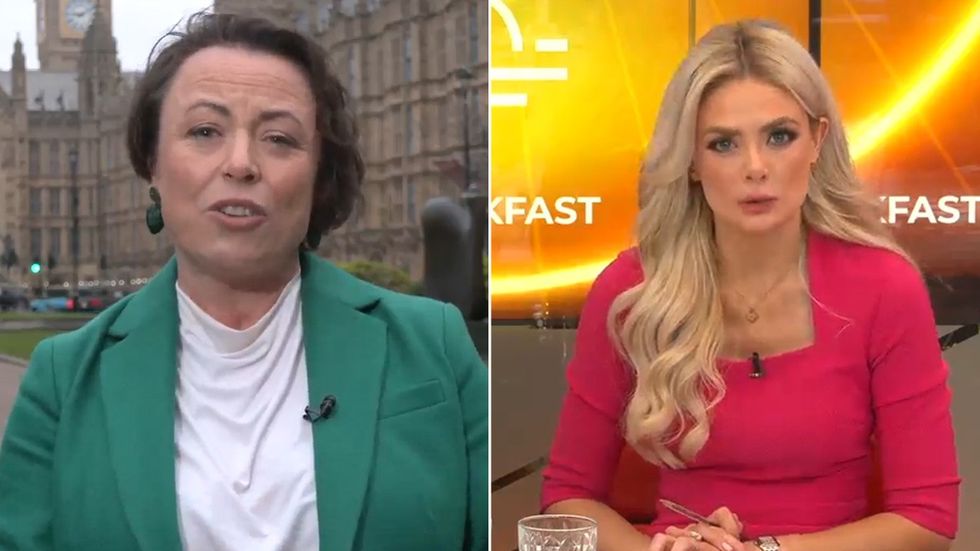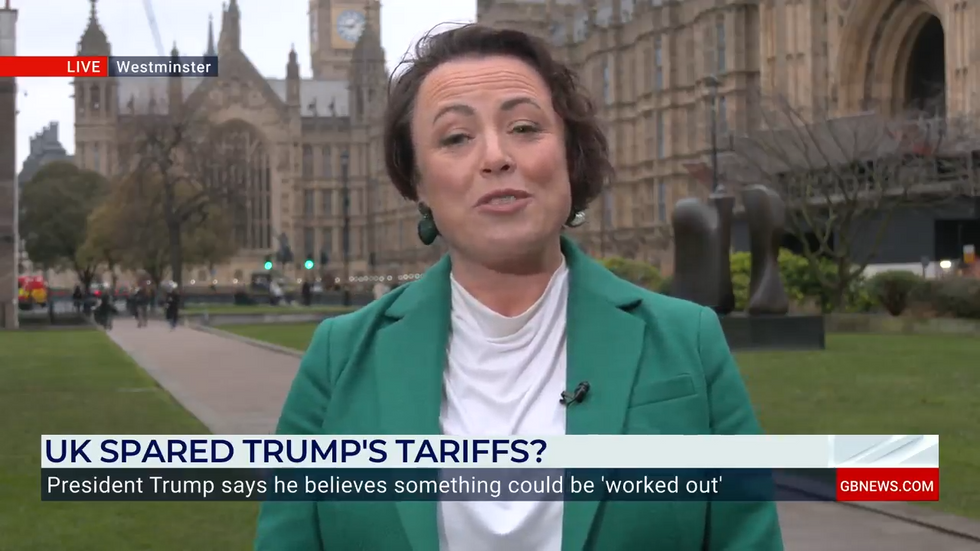‘It’s STILL blunt!’ Schools minister grilled on Ofsted reform amid backlash: ‘It will drive up standards’
Minister of State for School Standards Catherine McKinnell has defended Ofsted’s proposed new inspection system, rejecting suggestions that it remains too simplistic.
Speaking to GB News, McKinnell said the new approach would provide “a much more granular insight” into school performance compared to the previous system’s single-word judgments.
The minister’s comments come as Ofsted launches a consultation on plans to replace the current outstanding to inadequate ratings with a new colour-coded report card system.
Under the new proposals, schools will receive ratings across a colour-coded five-point scale, ranging from red “causing concern” to orange “attention needed”, followed by green shades of “secure”, “strong” and “exemplary”.

The system will replace the current four-point scale of outstanding, good, requires improvement and inadequate.
Safeguarding will be assessed separately as either “met” or “not met”, rather than being included in the five-point grading system.
McKinnell highlighted significant challenges in the current education system, noting that one in three children leave primary school “without the fundamentals in reading, writing and maths”.
The minister also pointed out that approximately one in five pupils are regularly missing school.

“There’s a really persistent, disadvantaged gap that is just not closing,” McKinnell told GB News, suggesting the new report cards would be “a really important tool in the box to drive better standards for children right across the country”.
LATEST DEVELOPMENTS:
- Ofsted new report cards slammed as ‘rehash’ of previous ‘dangerous’ system – ‘Bewildering for teachers.. never mind the parents!’
- Former Ofsted inspector promises ‘we are not demons’ as new system to be implemented
- One in four parents don’t think children should be toilet trained before joining Reception
McKinnell emphasised that the new system would enable schools to learn from each other’s successes and challenges.
“Where a school is really doing well on these issues, then other schools in the local area will be able to see that and they can share best practice,” she told GB News.
The minister stressed that the detailed approach would provide schools with the information needed to drive their own improvement.
A 12-week consultation on the reforms launches today, with final changes to be implemented from autumn.

Schools will be evaluated across at least eight distinct areas, including leadership and governance, curriculum, developing teaching, and achievement.
The assessment will also cover behaviour and attitudes, attendance, personal development and wellbeing, and inclusion.
Schools with early years provision or sixth forms will receive additional separate grades for these areas.
Inspectors will particularly focus on how schools support vulnerable and disadvantaged children, including those with special educational needs and disabilities, as part of the new inclusion criteria.

